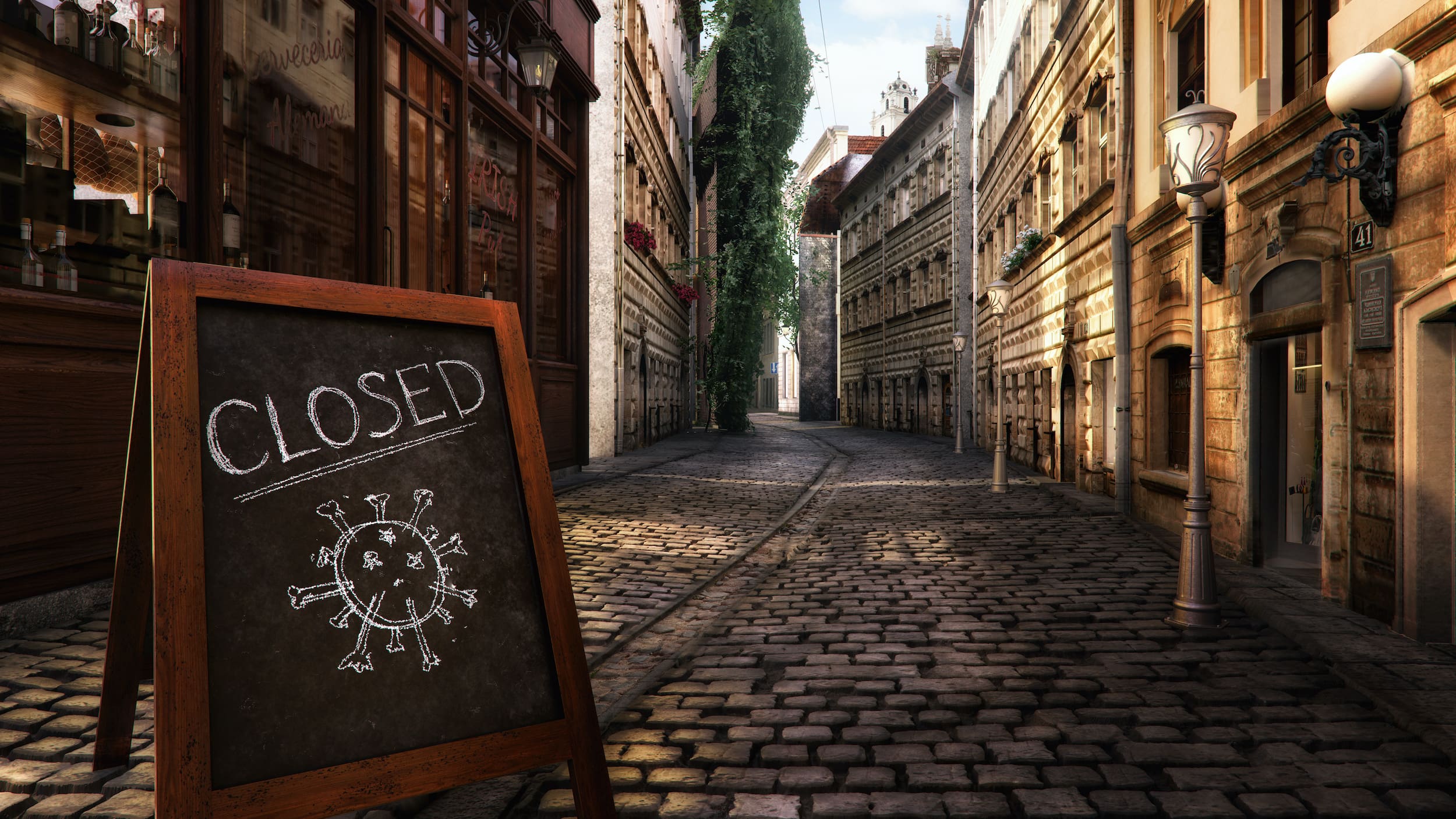One of the things that was said in January of 2020 when this was all beginning, and that was by the World Health Organisation was, “With a pandemic like this, “you’ve gotta go hard and you’ve gotta go early”, and you’ll never know what you did that really worked, but you just gotta do everything that you know that works to control it, because if you don’t, the virus will always win.
And if you look at the history of this pandemic over the last 12 months or so or more, then that’s exactly what’s happened. In countries which have not gone hard and not gone early, they’ve had a disaster. They’ve done little bits of pieces here and there. So we’re talking about Britain. We’re talking about Europe. We’re talking about the United States. Talking about Brazil. Those countries, almost every country in the world, apart from a handful, luckily Australia is one of the handful, have had dreadful pandemics, and they have not gone hard and they’ve not gone early. And that’s what we did.
We shut borders. We went into lockdown, because the only thing that works when this virus is circulating is keeping people apart from other people and making sure you’re not sharing the same air, either through masks or distancing, or not meeting other people and catching the infection. That’s the only thing that works. And then when you go to under control, then then your contact tracers and the contact tracing, testing, isolation, that’s what works to keep things under control when you get little outbreaks.
So the question is, is there a role for the three or five day lockdown? The role is probably best in places like, say, Western Australia, where they went into a short lockdown where they hadn’t had any cases for months, and their contact tracers were being fired up from a standing start. They’re very good contact tracers, but they weren’t battle ready, if you like, like Victoria and New South Wales. So when you’re dealing with that situation, you’re better just to separate people. Don’t let them mix while the contact tracers get onto it and tie it down.
And what happened in Western Australia happened eventually in South Australia and happened in Queensland, is that you have day after day of zero cases and people say, “Oh, well, was it worth it?” We’ll never know really “was it worth it”, but if it had got out of control, and the contact tracers were chasing their tail, we would regret it. And so in Victoria, it’s been controversial with the recent five day lockdown with this new variant. There was a short period of time where they just were worried the contact tracers were being a bit overwhelmed by the infection and by what was spreading, and they just wanted to know where they were. And that’s a smaller price to pay than the second wave in Victoria where they did a little bit of this and a little bit of that in July, try to half lock down 36 suburbs, didn’t work. And by the time they went to full lockdown, it was out of control with thousands of mystery cases.
This virus will always win unless you go in hard and go in early.
Dr Norman Swan, Physician and Journalist





